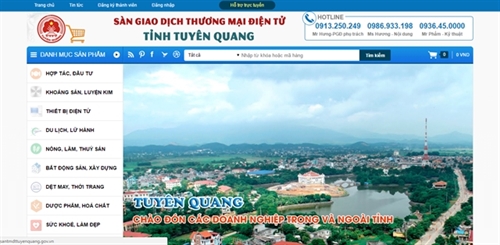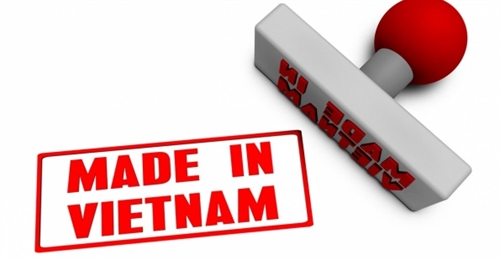All organizations and individuals would have the right to register for refusal of all types of advertising messages and advertising calls to phone numbers under their lawful ownership.
Such is provided in a draft decree compiled by the Ministry of Information and Communications (MIC) to control spam messages, emails, and calls and provide regulations on advertising via messages, emails and calls.
Under the draft, messages, calls and emails are considered spam if they are sent without prior approval. Spam messages are advertising ones that violate regulations or contain information that is not allowed by law or is not approved by the MIC. Messages and emails used for scams or to distribute malware are also considered spam.
With the aim of providing effective protection for users, the draft sets out measures to prevent and control spam messages, i.e., building and implementing spam message prevention and control systems; supervising, monitoring and sharing information on sources of spam messages and sample spam messages; and monitoring the activities of advertising services via messages. Some other solutions include preventing and revoking electronic addresses which are used to distribute spam messages, strengthening domestic and international coordination, and raising awareness about prevention and control of spam messages.
The MIC would also formulate and operate a system to reflect spam messages and receive advertising messages. In the process of conducting advertising programs, advertisers would have to send a copy of each text message they send out to prospective customers to the system. Meanwhile, users could also forward spam messages to this system.
The draft requires that all advertising calls have sufficient information on the name and address of the person who makes the advertising call and such information must be introduced before advertising contents. In case of advertising for charge-based telecommunications services, sufficient information on charge rates must be provided. Information to guide recipients for refusal of receiving advertising calls must also be available.
Organizations and individuals providing advertising calls must register with the MIC and could send advertising messages, emails and calls only after obtaining users’ permission and specifying the purpose of information collection.
Firms providing email services and providing internet services would also have to comply with the MIC’s requirements on the prevention and handling of spam emails. An IP blacklist that distributes spam emails from commercial and non-commercial sources would be drawn by the MIC to update and share databases to internet service providers and organizations to limit the abuse of spreading spam emails from servers.- (VLLF)









